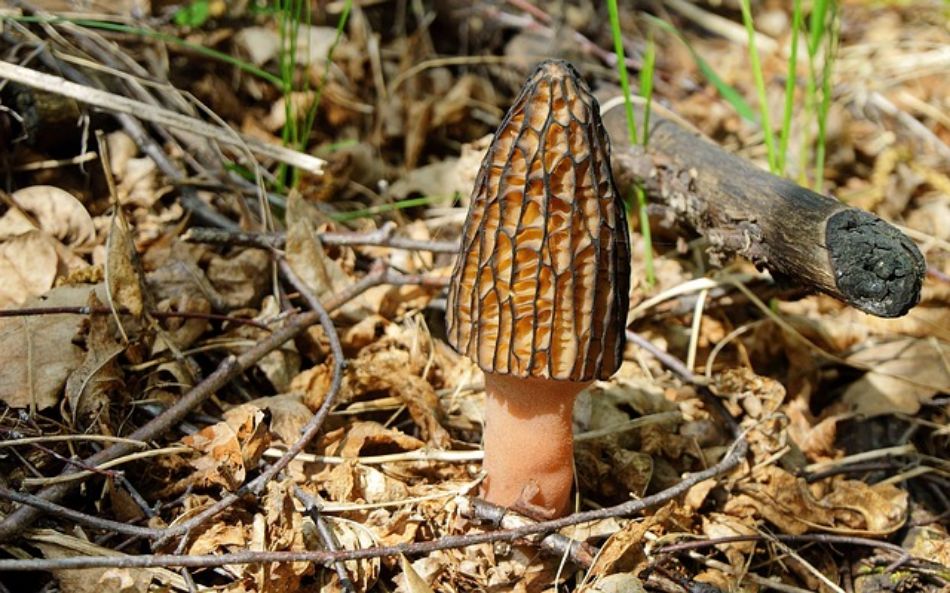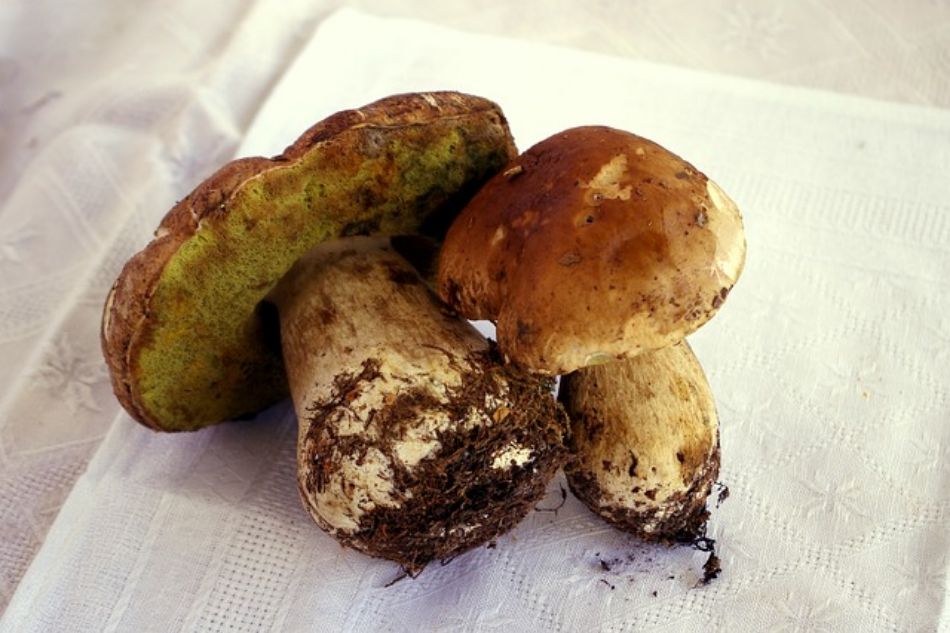Welcome to a sensory journey to discover one of the most promising beverages in the natural wellness landscape. The so-called "golden milk," an ancient Ayurvedic preparation, meets the age-old wisdom of mycotherapy, merging with the Reishi mushroom, the "mushroom of immortality." This article aims to explore every aspect of this preparation, from its historical roots to the most modern scientific studies, including detailed analyses of its components, comparative tables, a proven recipe, and considerations for home cultivation of its key ingredients.
In the vast and fascinating kingdom of mushrooms, there are species that are not only delicious culinary ingredients, but also true powerhouses of well-being, capable of interacting with our deepest physiological processes. Among these, Morchella conica, a mushroom with an unmistakable sponge-like appearance, is emerging, in light of the latest scientific research, as one of the most valuable and potent natural sources of glutathione, a molecule essential for liver health and longevity. This article aims to explore, in extremely detailed and well-documented detail, the symbiotic relationship between this mysterious mushroom and our most important excretory organ, dissecting mechanisms of action, quantitative data, clinical studies, and potential applications in the fields of integrative medicine and mycotherapy.
The porcini mushroom, scientifically known as Boletus edulis, has been the undisputed king of edible mushrooms for centuries, celebrated in cuisines around the world for its unmistakable aroma and meaty texture. However, beyond its universally recognized culinary qualities, this mushroom conceals a treasure trove of beneficial properties that science is only recently beginning to uncover. In this article, we will explore in depth the extraordinary antioxidant properties of porcini mushrooms, analyzing their biochemical composition, mechanisms of action, and potential benefits for human health, supporting each claim with scientific data and research studies.












